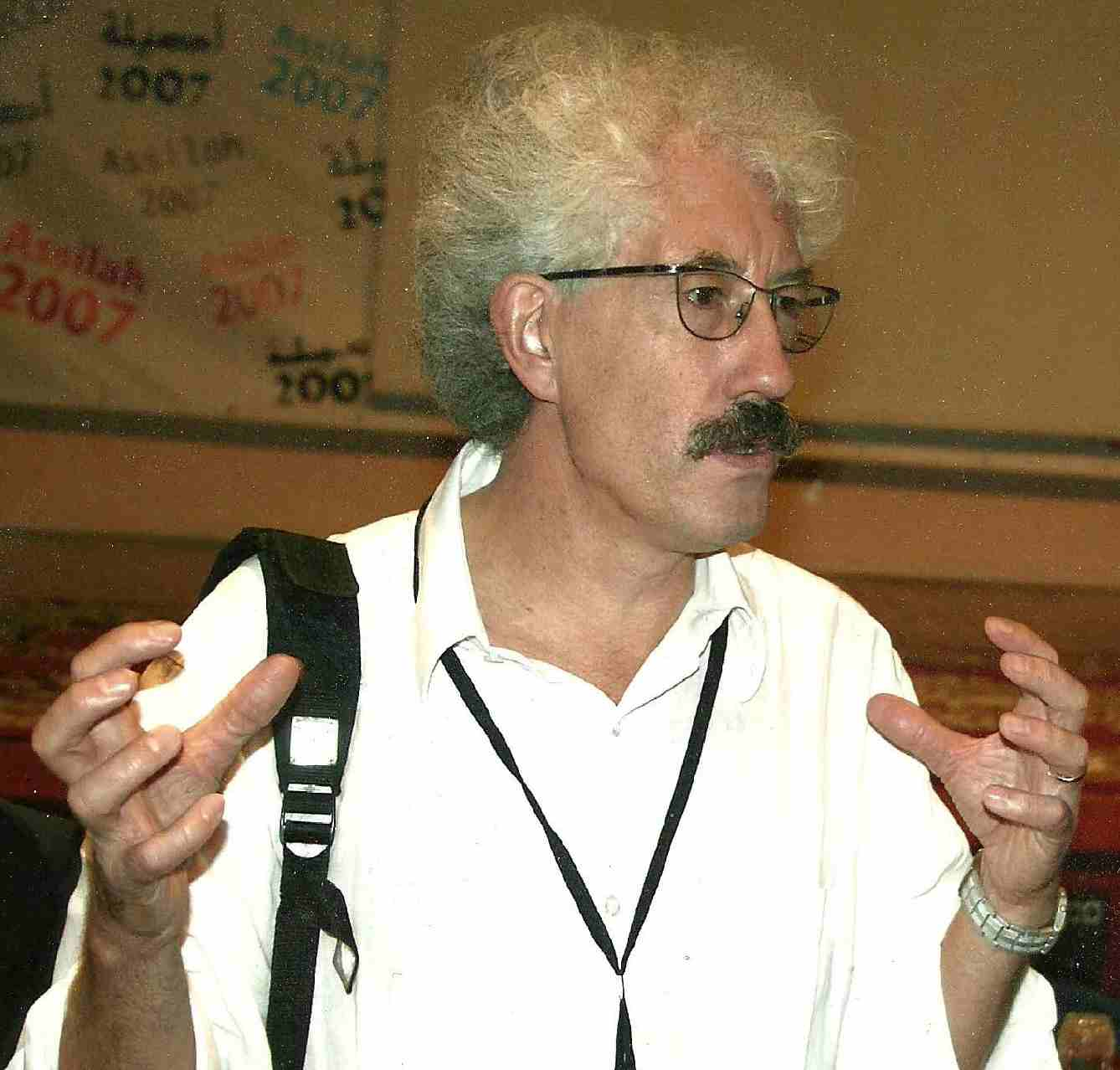
- This event has passed.
Bernard Moussali and 1932 Cairo Congress: Arabian Music in Search of its Identity.

Public lecture with Prof Jean Lambert (Paris)
The event is free but registration on this Eventbrite link is requested.
ABSTRACT
The Cairo Congress of Arab Music (1932) brought together many musicologists from the Near East and Europe, as well as musicians from the Arab world. Several different visions of the identity of the future Arab music were confronted, some modernist and others traditionalist. The book puts this scientific event in its historical context (the end of the Ottoman Empire, the colonial period, the rise of nationalism, the appearance of 78-rpm records). And above all, it exposes the main debates on the systematization of the musical scale with 24 quarter tones, as well as on the choice of musical instruments.
BIO
Professor Jean Lambert is an anthropologist and ethnomusicologist, Maître de conférence at the Muséum National d’Histoire Naturelle (MNHN) in Paris, and researcher at the Centre de Recherche en Ethnomusicologie (CREM-LESC, UMR 7186). Centring on the Arab world, and specifically on Yemen, the Arabian Peninsula, and Lebanon, Jean Lambert’s work explores the relationship between local musical practices, and Arab-Islamic culture’s global meanings: context performance, ritual practices, mythological representations, formation of contemporary identities. Recently he has been focused on Bernard Moussali’s archives pertaining to the 1932 Cairo Congress.
BOOK
His lecture accompanies the recent publication of 2024 Bernard Moussali, Le Congrès du Caire de 1932. La musique arabe à la recherche de son identité. Paris, Geuthner (édition critique et augmentée, Avant-Propos et Postface: Jean Lambert

